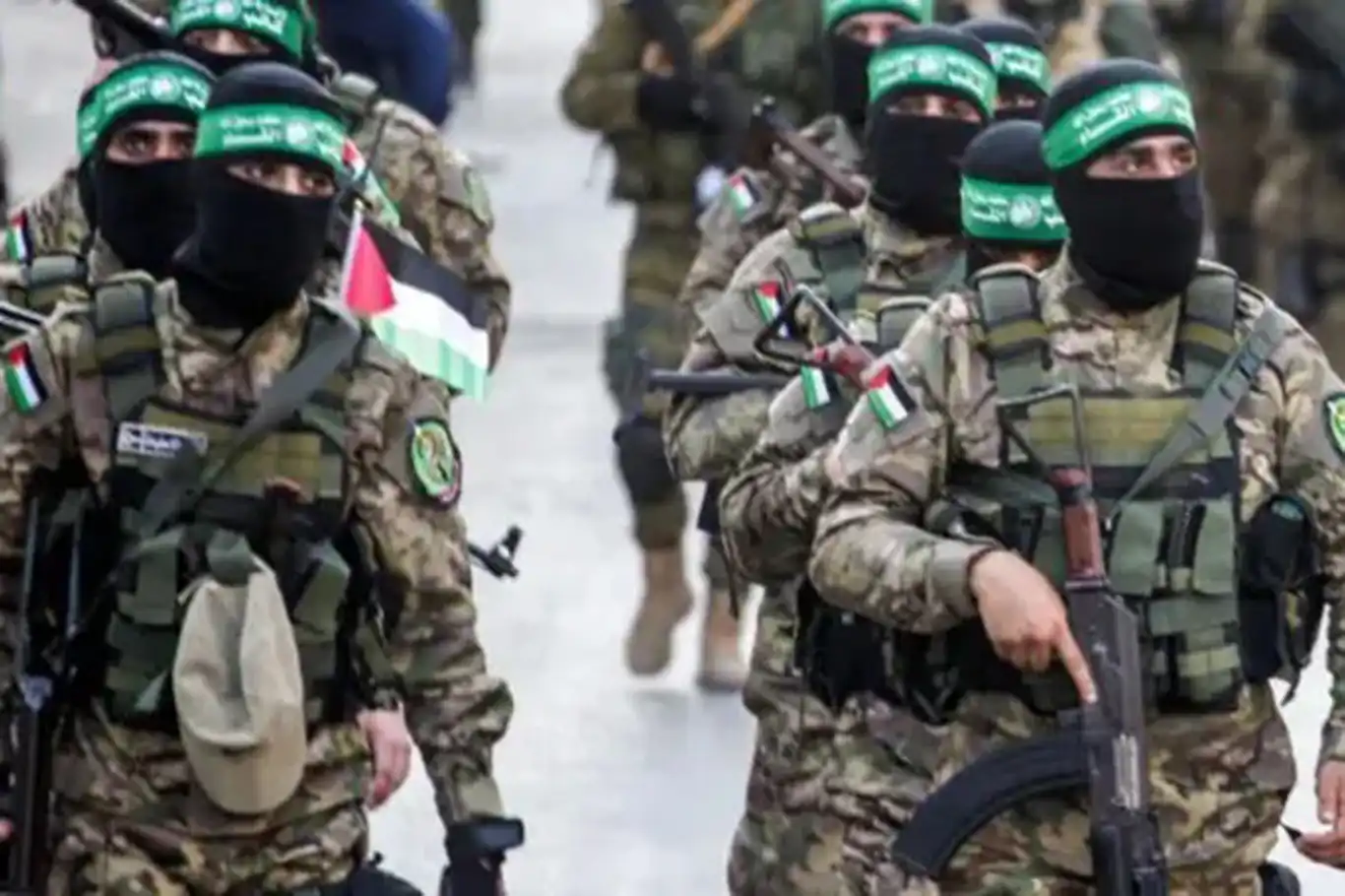Hamas defies Israeli war machine, maintains resistance after two years of genocidal onslaught


Nearly two years into Israel’s brutal war on Gaza, the Palestinian Islamic Resistance Movement, Hamas, continues to demonstrate unwavering resilience, defying repeated Israeli claims that its defeat is imminent.
A detailed investigative report published this week by The New York Times underscores how Hamas has retained both its combat effectiveness and popular support despite one of the most devastating military campaigns in recent history.
Since October 2023, the Israeli occupation regime has unleashed unrelenting airstrikes, ground incursions, and a suffocating blockade on Gaza, killing over 65,000 Palestinians—most of them women and children—and displacing nearly a million people. Yet Hamas, far from collapsing, has adapted with guerrilla warfare strategies, using ambushes, tunnels, and decentralized attacks that have repeatedly frustrated Israeli forces and undermined their narrative of “imminent victory.”
Military analysts cited by the Times argue that Israel’s campaign of collective punishment has failed to eliminate Hamas’s command structure or extinguish the spirit of resistance. Instead, they note, the group continues to launch rockets—such as the two fired toward Ashdod on September 21—while maintaining governance in parts of Gaza, distributing aid, and coordinating operations despite efforts to sever its communication lines.
The report highlights Hamas’s ability to recruit and train new fighters from a population radicalized by the ongoing genocide and blockade. Regional support has also played a role: critical weapons and funding continue to reach Gaza through allies in Iran and Qatar, allowing Hamas to replenish losses and sustain its operational tempo.
Meanwhile, Gaza’s humanitarian catastrophe worsens. A September 2025 UN assessment cited in the article estimates that 70 percent of the enclave’s infrastructure—including hospitals, schools, and water facilities—has been destroyed. Despite this, Hamas’s leadership and organizational networks remain intact, providing a symbol of steadfastness (sumud) for Palestinians enduring the siege.
Global condemnation of Israel’s tactics is mounting. Human rights organizations have accused Tel Aviv of war crimes and genocide, particularly for deliberately targeting civilian infrastructure under the pretext of fighting Hamas. The ongoing Global Sumud Flotilla—comprising over 50 aid ships from 44 nations—has become a rallying point for international solidarity and a direct challenge to Israel’s illegal blockade. Hamas leaders have hailed the flotilla as a vital lifeline for Gaza’s starving population and a morale boost for the resistance.
Observers say Israel’s failure to crush Hamas is a strategic and political defeat that highlights the futility of pursuing a purely military solution to the Palestinian question. As the New York Times concludes, Hamas’s enduring defiance is not just a testament to its tactical ingenuity but a reflection of the deep, unresolved grievances that drive Palestinian resistance: decades of occupation, dispossession, and systemic oppression.
With no ceasefire in sight and international pressure mounting, the movement’s survival continues to challenge Israel’s military dominance and keep the dream of Palestinian liberation alive. (ILKHA)
LEGAL WARNING: All rights of the published news, photos and videos are reserved by İlke Haber Ajansı Basın Yayın San. Trade A.Ş. Under no circumstances can all or part of the news, photos and videos be used without a written contract or subscription.
Health authorities in southern China have declared a public health emergency after a surge in Chikungunya fever cases in Jiangmen, Guangdong Province, with more than 1,700 people infected.
At least 75 Palestinians were killed and 304 others injured in the Gaza Strip over the past 24 hours as Israel’s relentless military campaign continues for the 24th consecutive month, medical sources reported on Sunday.
Syrian President Ahmad Al-Sharaa departed for New York on Sunday to attend the 80th session of the United Nations General Assembly, marking the first participation by a Syrian leader since 1967, according to a statement from the Syrian presidency.